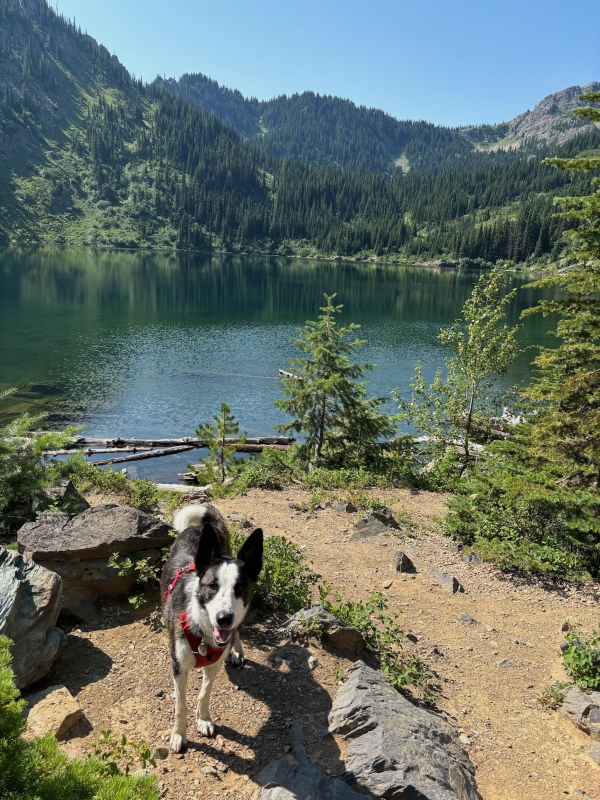From Rachel Toor
Last spring I texted a president to ask how things were going. He said, "quiet."
A week later I got a message saying he'd just received a petition from faculty demanding that he call for a ceasefire, promise not to punish peaceful protest (which he'd done in writing twice already), and divest assets from companies doing business in Israel.
Life, as Joan Didion wrote, changes in the instant.
I reached out recently to ask how he was feeling about this coming fall. He said he'd been thinking a lot about what he wanted to say at orientation and convocation about the purpose of higher education.
It is not, he said, to protect people from discomfort. While the administration would keep people as safe as possible from physical harm, most of us don't grow or change without first becoming a little uneasy, a bit uncomfy.
Here's the thing. I've heard lots of presidents comment that it was only a few campuses that saw turmoil, and mostly those with students who had the "luxury" to protest. Their students, they said, are too busy working and taking care of family members. Or theirs are loving, close communities. That's fair.
Those of us in touch with this generation of young people know that they are generally kinder and gentler than many of their elders. They tend to lead with compassion and remember you can't always know what someone else is going through. They are quick to stand up against any kind of oppression and speak on behalf of those they deem less fortunate. As much as people complain about kids today (same as it ever was), this bunch is actually pretty great.
At a recent Sandbox dinner, a president told a few of us a story about the kind of people her students are.
A man, a bit disheveled, came to a dorm, was let in by a student, and parked himself in a public place. He then took off his pants. A student came by and asked if he needed anything? A drink? Some food?
He wandered around campus and everywhere he went, a student came to aid or try to comfort him. No one asked who he was or what he was doing there. They welcomed him in.
Turns out, this dad-aged man with no connection to the college had gone off his meds and was eventually escorted out.
After what was, thankfully, a non-event, the president said it created an opportunity to engage with students about balancing their laudable interest in the well-being of others with the realities of today.
This is who they are, the president said, with the pride of a parent who has raised great kids.
Yes. And.
In the coming academic year, plenty of people may be looking to create all kinds of havoc. Someone wanting to raise hell [about: pick your issue] might be drawn to a venue where leaders have been heard to say they will not call in the police during protests.
The savviest of these non-students might stay away from campuses that endured turmoil last spring. Administrators at those institutions have spent a lot of time not just revising policies but creating detailed action plans for worst-case scenarios. Instead, rabble-rousers who have been told universities are the enemy may seek out places whose leaders believe it couldn't happen on their cozy quads.
Nearly all the presidents I talk to say they love their jobs (really!) and most say it's because of the students. They don't blame young people for doing and saying dumb things because that's part of the learning process. Even presidents who were traumatized by events on campus last spring don't default to easy anger at the people it's their job to educate. They worry instead about how passionate actions may harm their students after graduation.
It's generally not our students we have to fear. And we do have to keep them safe.


